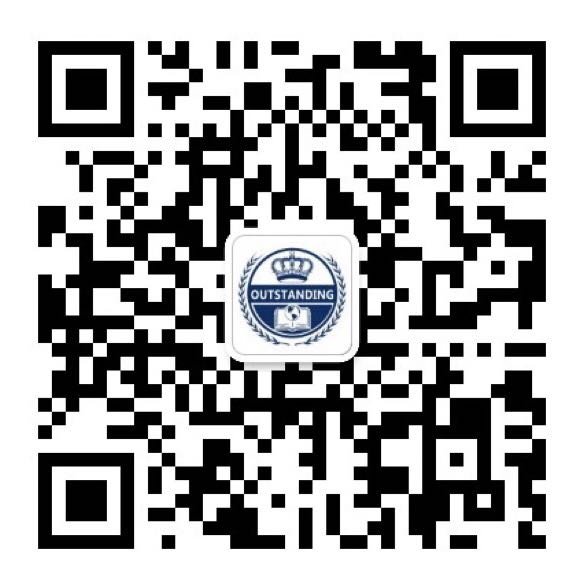EBT4O BUSINESS AND TECHNOLOGY ENGLISH
Open Course
Ministry of Education Course Title:BUSINESS AND TECHNOLOGY ENGLISH
Course Code: EBT4O
Grade Level: 12
Prerequisite:ENG3C or ENG3E or ENG3U
Department: English
Course Description:
EBT4O emphasizes the kinds of practical writing and communication skills needed in the world of business and technology. Throughout the course, students will analyze the characteristics of effective models of business and technical communications, all the while gathering information to write reports, business letters, memos, manuals, instructions, and brochures. They will also learn how to integrate graphics and text, using technology appropriately for formatting and special effects.
Overall Curriculum Expectation - all units are interrelated
A. Investigating Business and Technological Communications and Culture
1. Understanding Business and Technological Communications and Culture: demonstrate an understanding of a variety of types of communication, careers, and innovations associated with business and technological communications and related elements of business culture;
2. Analysing Business and Technological Communications: identify key elements of a variety of business and technological communications, explain their function, and evaluate their effectiveness.
B. Producing Business and Technological Communications
1. Producing Business and Technological Communications: produce a variety of business and technological communications for different audiences and purposes, using appropriate forms and presentation features and techniques.
C. Metacognition
1. Reflecting on Learning: identify and comment on their own and others’ strengths and areas for improvement in analysing and producing business and technological communications.
Unit Descriptions:
Unit 1 - ISU on Business Culture
This first of eight units is about the 10% culminating activity – the ISU on Business Culture. Students begin by learning: What is Business Culture? Why is it important in Business and Technology English? How will they use this course in the rest of your life? Students begin with a detailed outline on the basics to business etiquette, how to establish strong business relationships, and what are the barriers to business relationships that can destroy strong business relationships? They will look at these at the level of everyday business as they develop and strengthen as well as are applied there.
Unit 2 Basic Forms of Communication
Business is ALL about communication. In an everyday setting: communicating by email, by formal letter, by memo, by phone, by video call and even by body language. In this unit, students will be learning all about the four forms of communication that are vital to doing business. Five types of communication are outlined, because the communication type of Listening, has been separated to show how important it is. That kind of 20 hours Listening is called Active Listening, and it is truly important to any everyday situation, not just that of business. Students will be learning about Active Listening in this unit as well.
Unit 3 Business Forms and Writing
Business writing is a type of writing that is used in a professional setting. It is a purposeful piece of writing that conveys relevant information to the reader in a clear, concise, and effective manner. It includes client proposals, reports, memos, emails. Students will learn to draft, edit and write these kinds of daily forms of writing as they are used in everyday business. Students will be living by the motto: ‘’Good business writing inspires confidence in you and your business.’ With impending deadlines and spellcheck, it is easy to get careless and make mistakes, but in order to establish credibility and trustworthiness, each piece of writing must be wellwritten.’’ Forms of writing include emails, letters, reports and marketing and branding materials.
Unit 4 Oral Business Communication
Oral communication describes any type of interaction that makes use of spoken words, and it is a vital, integral part of the business world, especially in an era dubbed the information age. In a professional setting, effective oral communication is important because it is built on transparency, understanding and trust. Student oral communication skills can boost morale, encourage improved performance and promote teamwork.
Students will be taking part in the following oral business situations in this unit:
★ staff meetings, business meetings and other face-to-face meetings.
★ personal discussions.
★ Formal Presentations.
★ telephone calls.
★ informal conversation.
★ public presentations such as speeches, lectures and conferences, teleconferences or videoconferences.
★ interviews.
Unit 5 Informational Texts
In this unit, students will be learning about the kinds of informational texts that businesses use everyday in the workplace. Business depends on it in oral communication as guides and in written communication as aides. Students will be learning about and creating a variety of informational texts including newspaper articles, reports for encyclopedias, brochures, biographies, textbooks, and how-to books. They will also be focusing on manuals.
Unit 6 Key Business Issues
In this second to last unit, students will combine their learned skills and develop their thoughts and viewpoints on the Key Business Issues currently affecting business. Theses include:
➔ Development of Good Customer Service;
➔ Dealing with Difficult Customers;
➔ Mental Health and Anxiety in the Workplace;
➔ Assessing and dealing with at work conflicts;
➔ Brand Loyalty;
➔ Aligning business strategies;
➔ Growth and Decline Issues in a business;
Unit 7 Theses and Dissertation
The purpose of this unit is to review with students the skills required to be able to develop theses and write well on topics in Business English. To this end, students will be reviewing the top 3 skills required in terms of developing your theses and dissertation skills.
These include:
★ Strong written communication skills.
★ Honed critical thinking skills.
★ Developed research skills.

